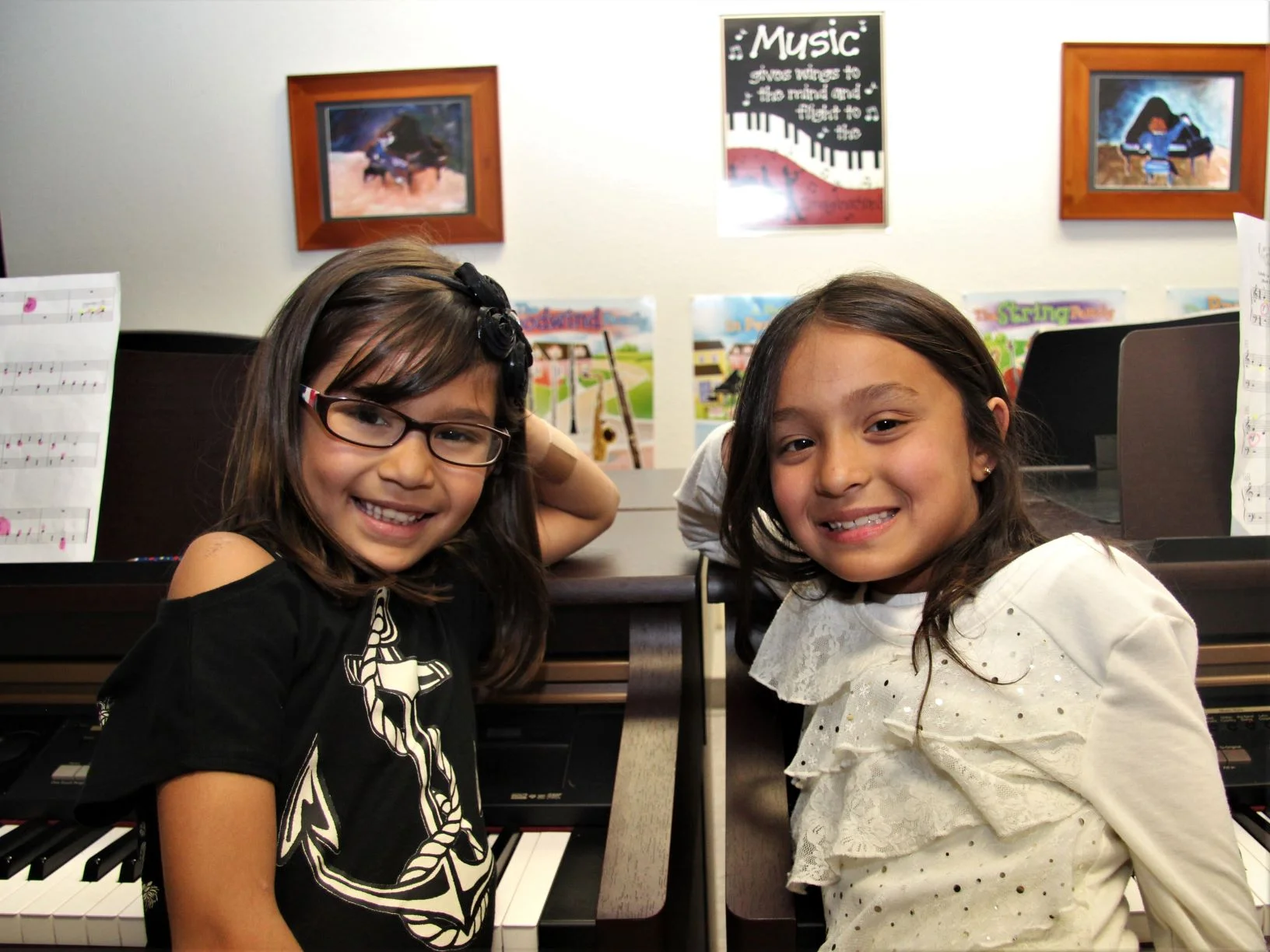Why Study Music?
By Tamriko Siprashvili
Music is one of the few activities that engages both sides of the brain. Most people have one side of the brain developed more than the other, but life shows that many successful people become successful because both sides of their brain are equally developed. For example, Steve Jobs was successful because he had both the creative and analytical sides equally developed. Developing both sides of the brain is what makes a happy child, and a well-balanced and successful adult. Music requires logic and analytical skills as well as imagination and creativity. It also has spiritual and emotional benefits.
Music gives us a place to go when we are happy or sad, when we need company or want to be alone. "It can satisfy the need to unwind from the worries of life, but unlike the other things people often use for this purpose such as TV or web browsing, it makes people more alive and connected with one another," says Michael Jolkovski, a psychologist who specializes in musicians. As one of my students commented, "Music is like my best friend."
Music involves constant learning and teaches discipline. Exposing children to a musical instrument provides an opportunity to learn something new every day and gives them endless supply of genres and styles of music to explore. The avenue to learning to play music is regular practice. Devotion to weekly lessons and the discipline to practice every day teaches and hones qualities that children are not required to use in our fast-paced, modern world where instant gratification beckons. Music gives children the opportunity to master something that looks impossible. One of my teachers tells about an incident in which her three ensemble students groaned at a difficult piece she had just assigned. "You wouldn't believe the pleasure, pride and joy on their faces once they had mastered and perfected the piece," she said.
Music builds confidence and fosters team building. When playing in an ensemble class, students are working as a team. They learn to relate to each other and to listen to each other. They learn both how to lead and how to follow, and they gain confidence. A shy child suddenly finds a place to lead her peers through a difficult piece, a child will assist a classmate through a music theory assignment, or suddenly three children who are used to working independently will find a way to blend their talents and create a beautiful product.
Music improves memory and increases brain power. Participation in music helps memory by stimulating different patterns of brain development. Memorizing a new musical piece also helps the child to master algebra or dates important in history class. The College-Bound Seniors National Report concluded that "Students taking courses in music performance and music appreciation scored higher on the SAT exam than students with no arts participation." And Shaw, Rauscher, Levine, Wright, Dennies and Newcomb who studied long-term enhancement of spatial-temporal reasoning and found that "Research made between music and intelligence concluded that music training is far greater than computer instruction in improving children's abstract reasoning skills."
But, most importantly, music is a life skill. At some point in your life when you can't run the length of a soccer field or compete on a basketball court, you will always be able to sit down at the piano, pick up your violin or guitar or sing a beautiful song.
More about the benefits of Music…
Listen to Ted Talk: How playing an instrument benefits your brain - Anita Collins
Science Shows How Piano Players' Brains Are Actually Different From Everybody Elses'
The Transformative Power of Classical Music by Benjamin Zander
Interpretation Class: Mendelssohn - Violin Concerto


